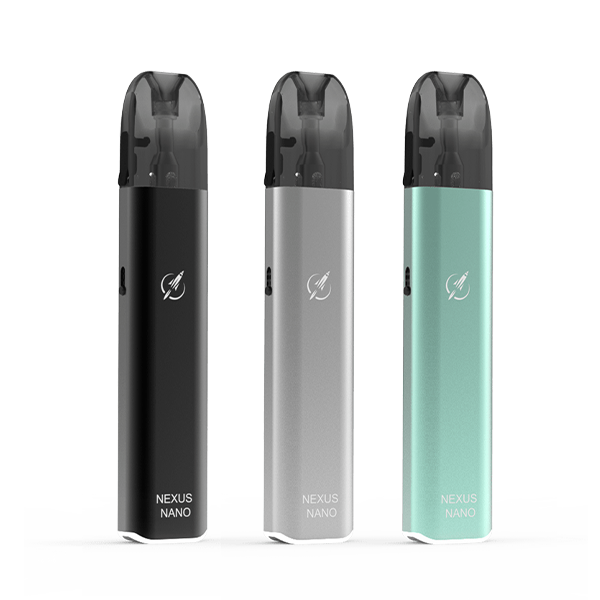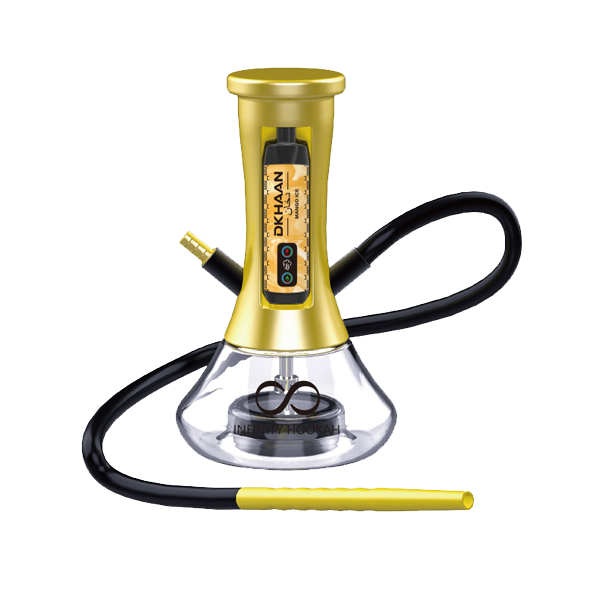To
In August last year, the Hong Kong Council on Smoking and Health stated that government statistics showed that young people use e-cigarettes more frequently than adults. Committee Chairman Tang Shaoqi added that the public generally agreed to a total ban on e-cigarettes. He said: “However, it has been almost three years since the policy report first announced the ban on alternative smoking products.”
To
The congressman claimed that the health hazards of using heated tobacco products have been confirmed by scientists around the world. However, he did not emphasize that countless independent studies have shown that they are substantially safer than ordinary cigarettes.
To
Hong Kong’s largest political party supports the ban
Subsequent news reports showed that the Democratic Alliance for the Betterment of Hong Kong, the largest political party in Hong Kong, also expressed support for this measure. The DAB member and Chairman of the Smoking Bills Committee Huang Dingguang stated that he has been asked to preside over the meeting so that the government can determine its position and decide whether to ban the product
CAPHRA executive coordinator Nancy Loucas said that the expert advisory group is willing to share their expert opinions, while stressing that local governments should consider other recommendations that have already been made. These recommendations suggest reasonable supervision, rather than a total prohibition of safer alternatives.
He said: “Hong Kong has set a goal to reduce the smoking rate from 10.2% to 7.8% by 2025. This is very commendable.” They wrote: “We firmly believe that through proper regulation of heated tobacco products, And by adopting measures to reduce harm, and in conjunction with Hong Kong’s existing strong tobacco control policies, Hong Kong can significantly reduce smoking rates and improve public health.”
They cited global scientific peer-reviewed research and emphasized that the international scientific community has increasingly reached a consensus that e-cigarettes are safer than cigarettes and are a means to reduce the harm of tobacco. They mentioned Japan’s major success in reducing smoking rates after regulating heated tobacco products.
To
Data from Australia shows that the ban did not work
Similarly, a recent article in The South China Post pointed out that since Australia’s e-cigarette ban has not been effective in reducing smoking rates, Hong Kong should think twice when implementing the ban.
Between 2013 and 2016, the smoking rate in Australia rose by more than 21,000 people to 2.4 million people. The well-known public health expert Colin Mendelssohn said in 2017: “For the first time in history, the smoking rate has not decreased statistically, while the number of smokers in Australia is increasing.”
The public health expert who advocates the use of e-cigarettes to reduce harm pointed out that it is clear that China’s “punishmental and coercive” approach has not worked. Data from the United Kingdom supports his view. The United Kingdom has taken the opposite approach and the smoking rate has reached the lowest level in history.

















